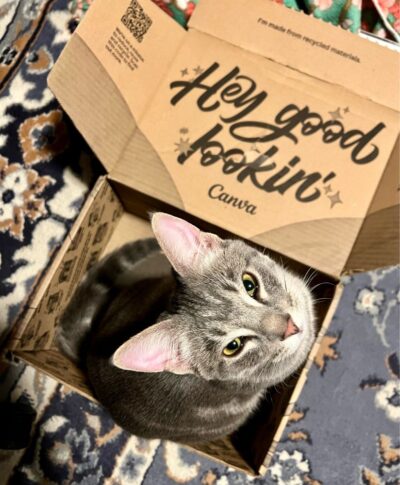
Right now, I’m teaching my Extended Novel Workshop, aimed at people who have a novel in mind and want to work on preplanning and creating a schedule in which to execute it. We’re on week four of that right now, and today’s session will focus on worldbuilding. I’m really enjoying this workshop, and it’s such a great group of talented people. I can’t wait to read some of these books. So I definitely want to keep giving this each year.
I also want to do my Writing F&SF Stories workshop, and I’ll offer that in the Jan/Feb 2025 timeframe. That will feature six sessions on writing short stories, including writing and critiquing stories.
I’ve switched to a two months on, two months off model, which gives me more time to focus on writing and also helps me replenish my internal extroversion fuel. So I’ll offer one other extended workshop in the May/June period but I’m still figuring out what I want to do with that. Possibilities include:
- an advanced Writing F&SF Stories workshop
- a survey class on 20th century F&SF stories that would be reading & discussing multiple stories from a specific era each session
- a multi-session workshop on increasing emotional depth and complexity in your work
- a multi-session workshop focusing on literary techniques
I’d also like to do something on teaching writing sometime, but I don’t know if that would be one session or several.
Please tell me what you think. Are these appealing? Is there something you’d like to see me teach? As always, Patreon subscribers will get first chance to sign up for and a discount on these classes.






